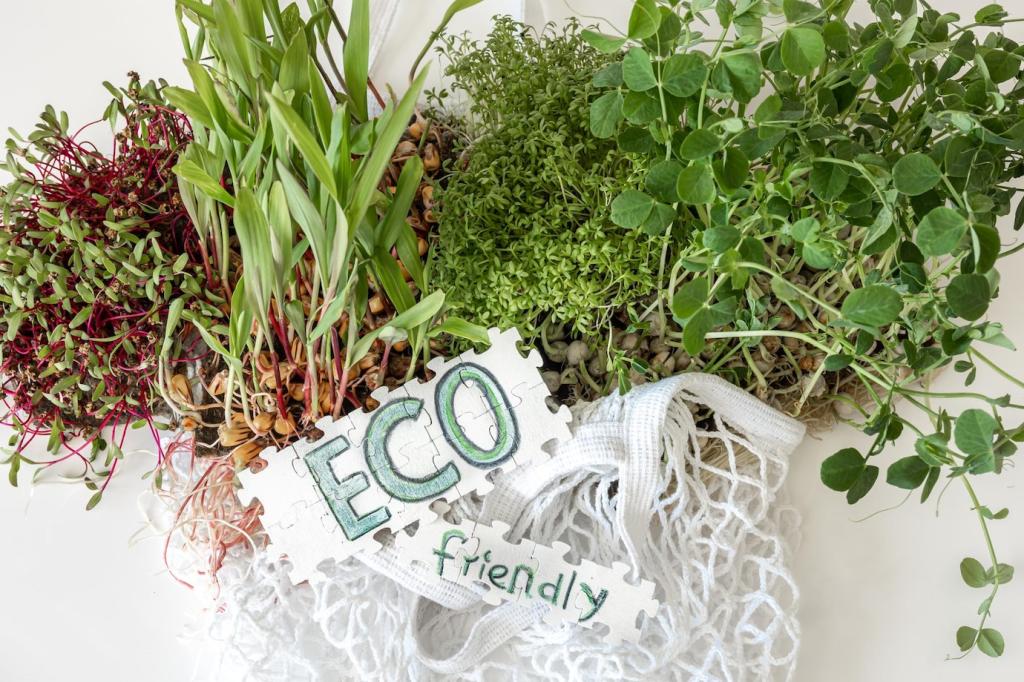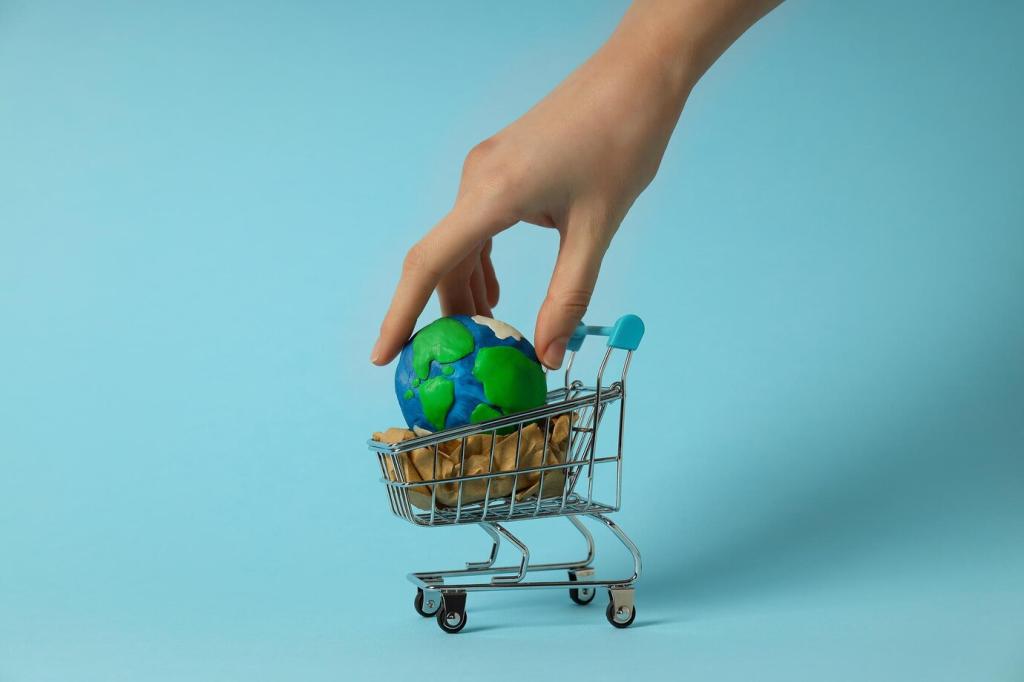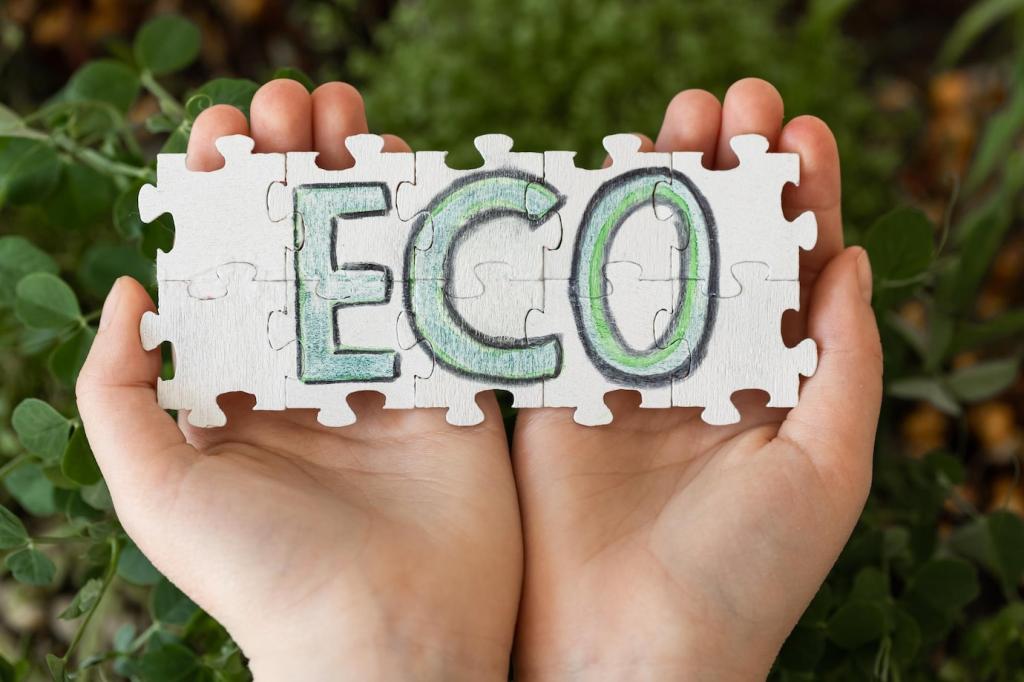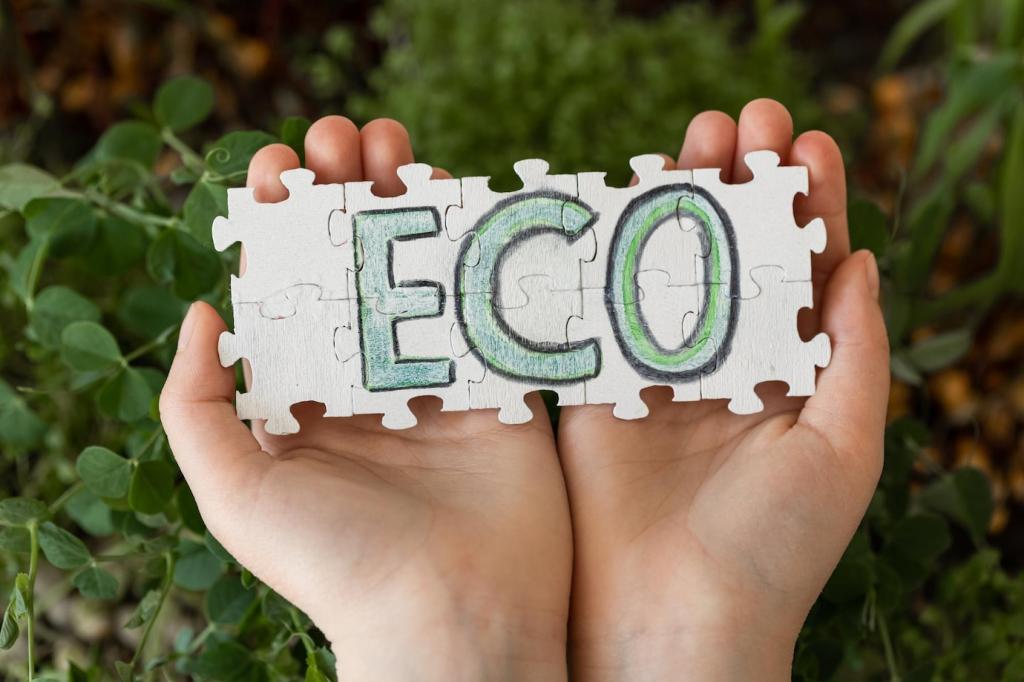Local, Seasonal, and Low-Impact Lifestyles
Food miles matter, but production methods can outweigh distance. An efficient ship may beat a heated greenhouse next door. Ethical consumption weighs both. What’s one item you’ve shifted to local because of freshness and emissions? Drop your pick and tag the farmer or market.
Local, Seasonal, and Low-Impact Lifestyles
Seasonal produce often avoids energy-intensive heating and lighting, preserving biodiversity in nearby fields. Think hardy winter greens or summer stone fruit without hothouses. Subscribe for seasonal recipes that respect ecosystems, and comment with a family dish you’ve adapted to the month’s harvest.






